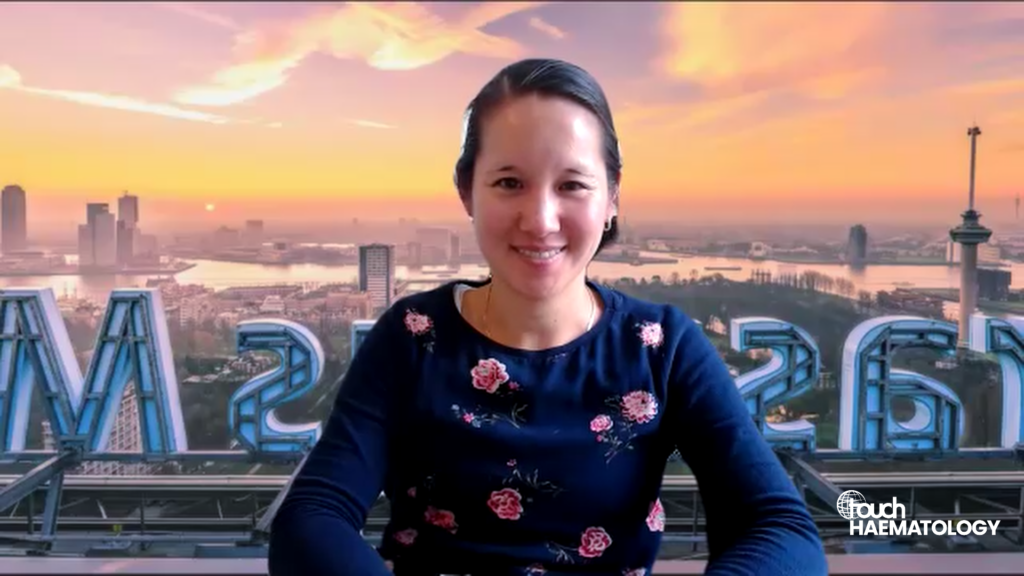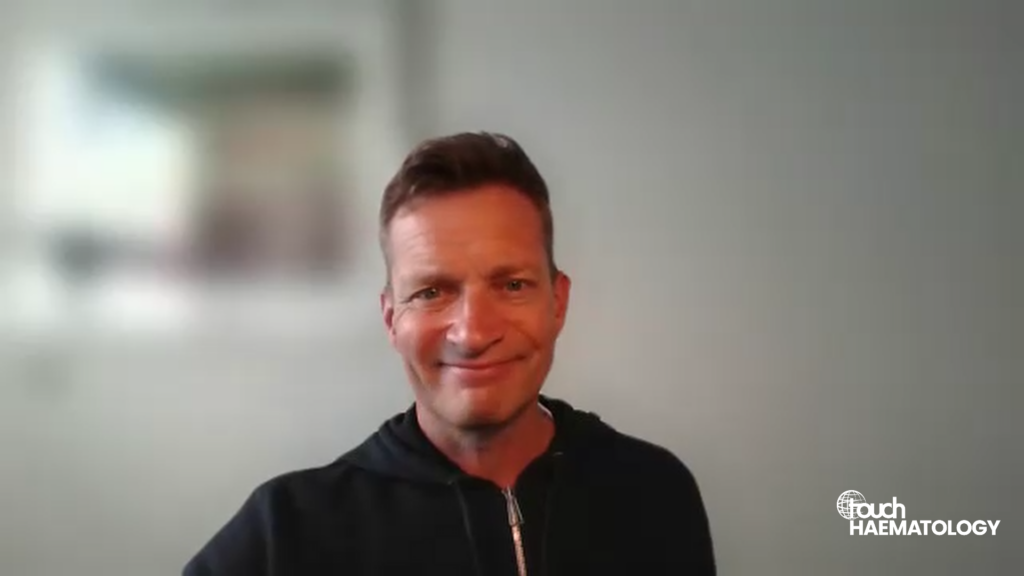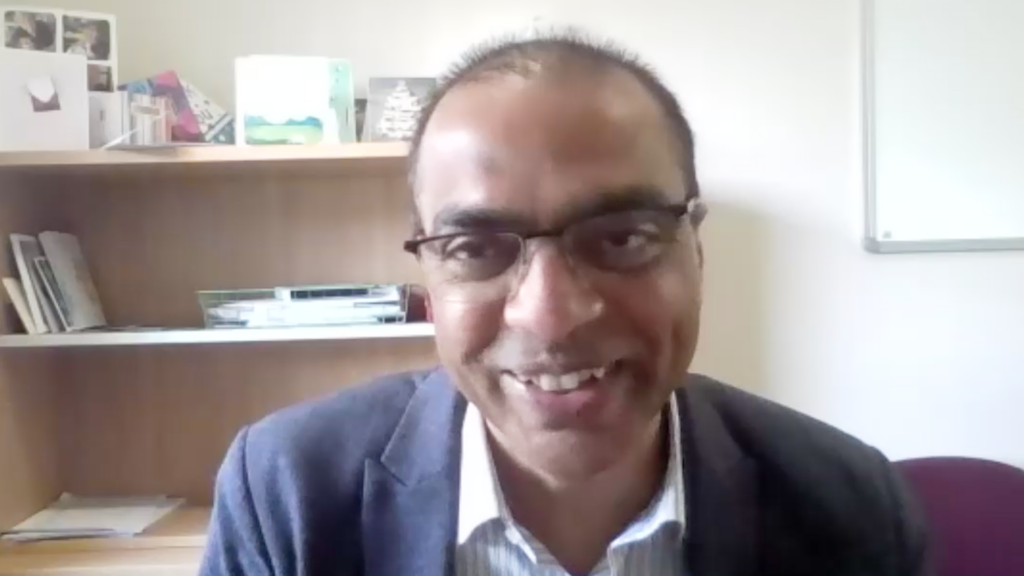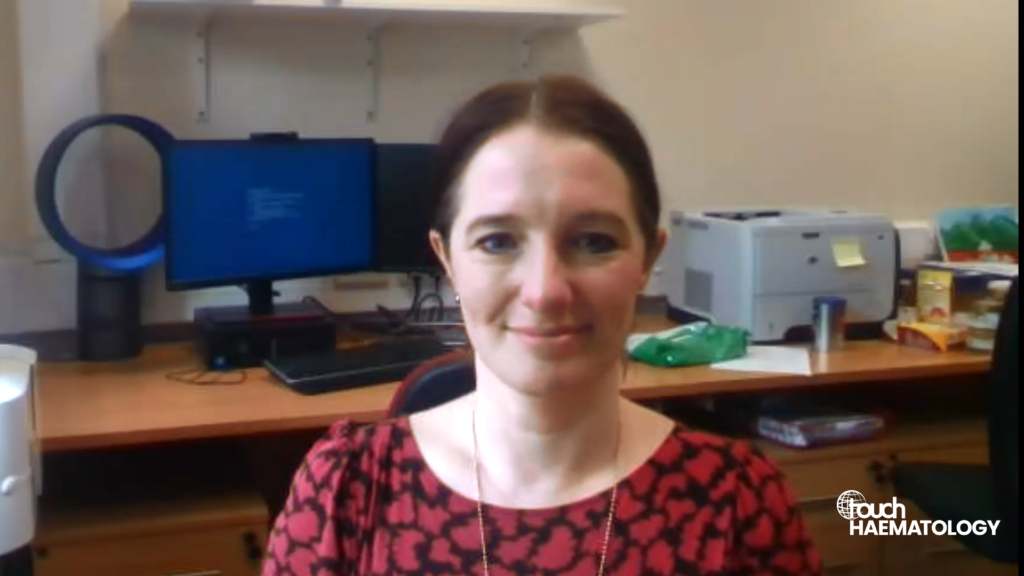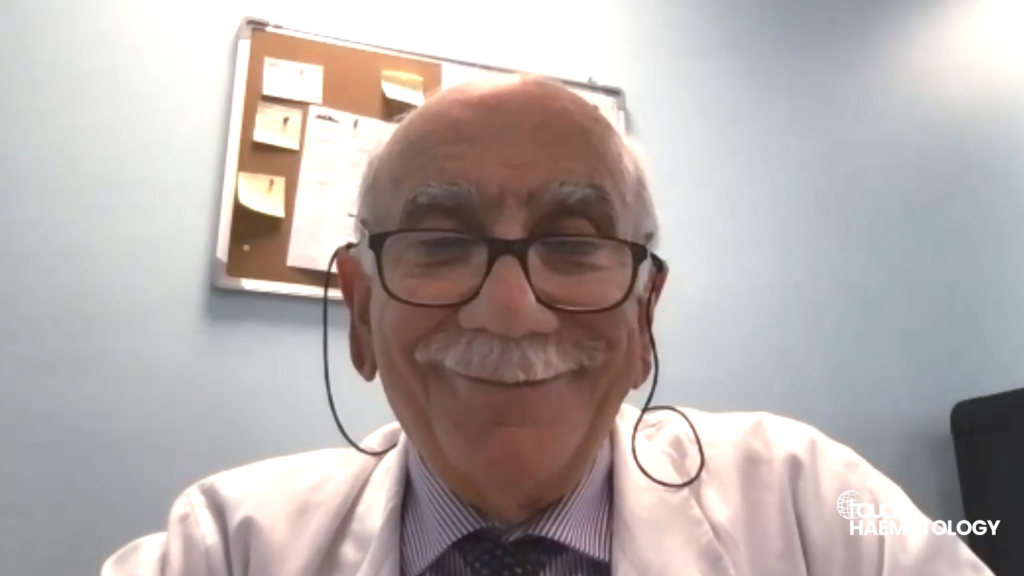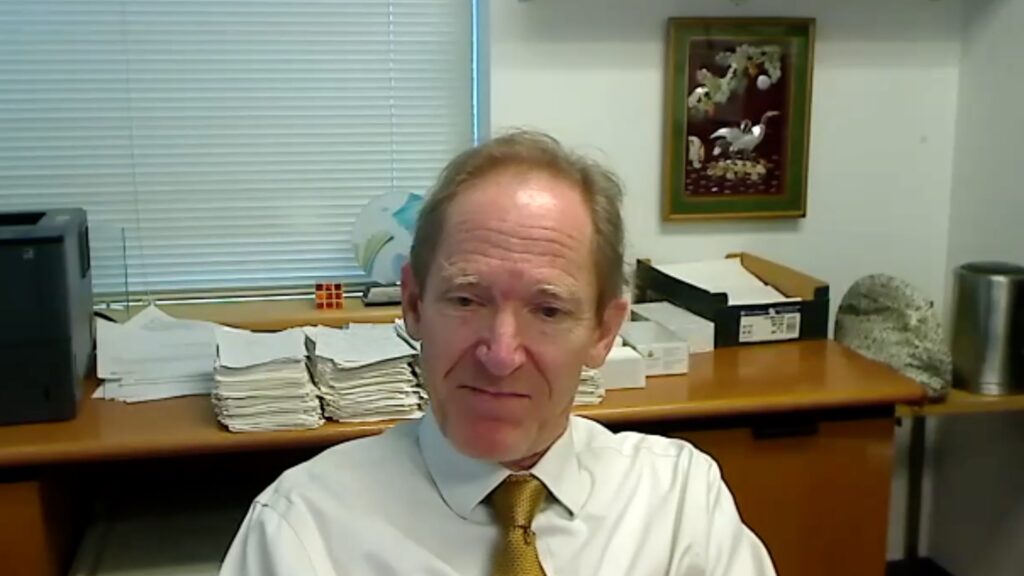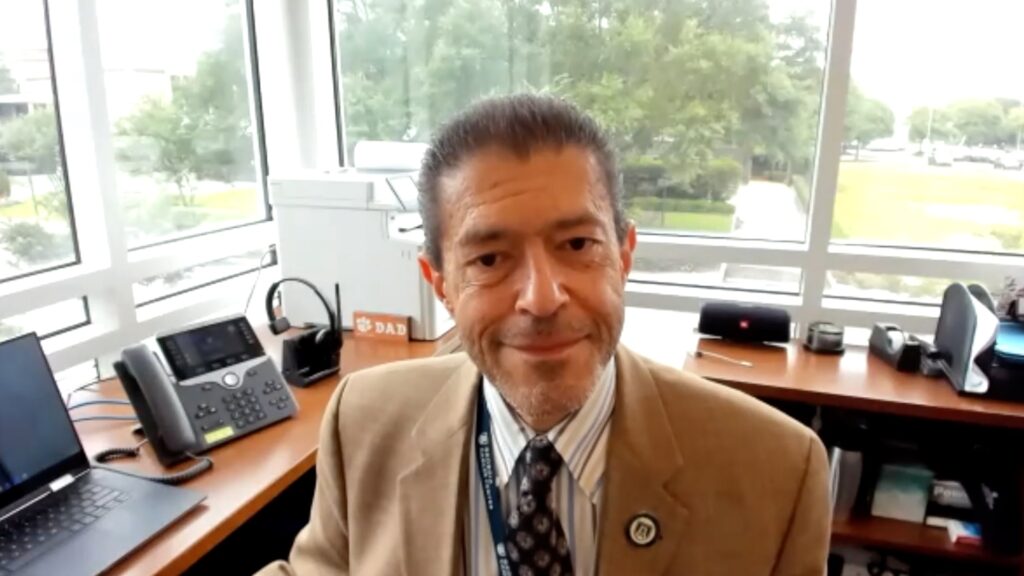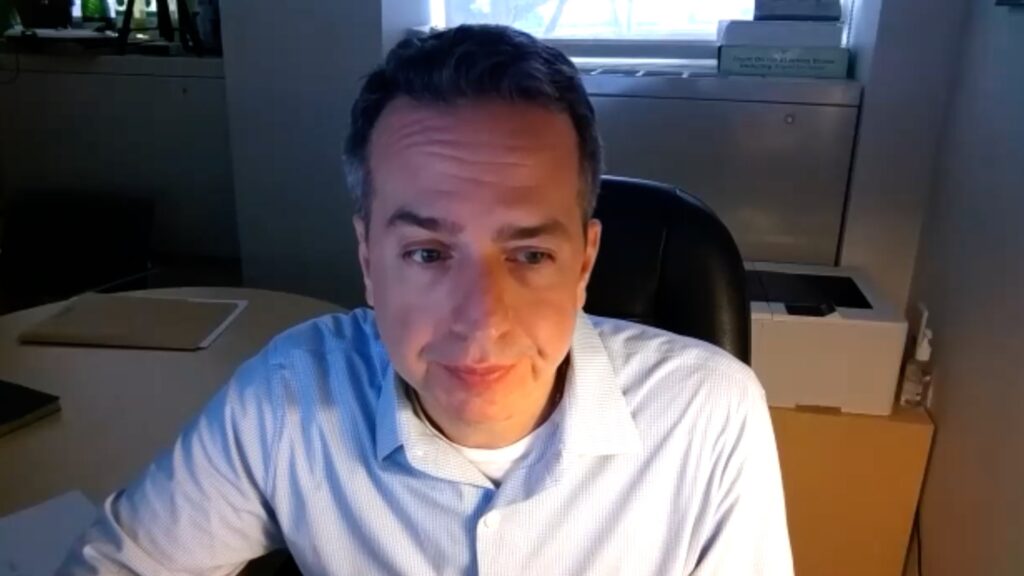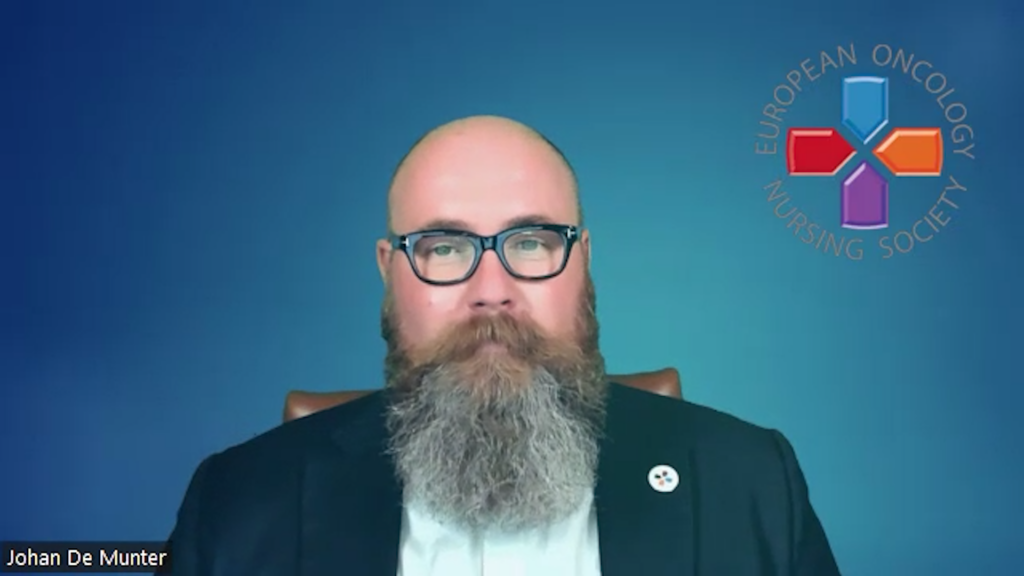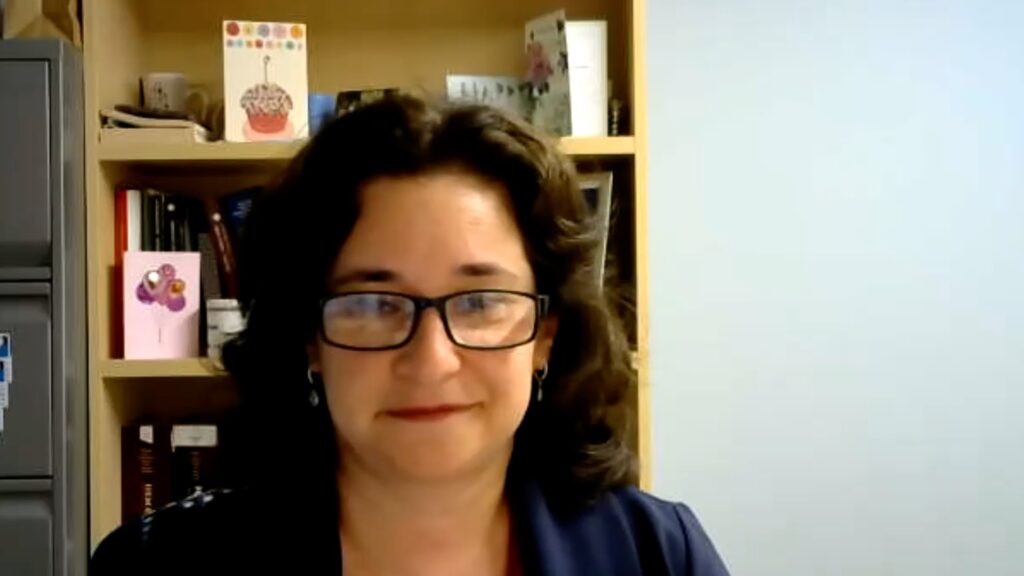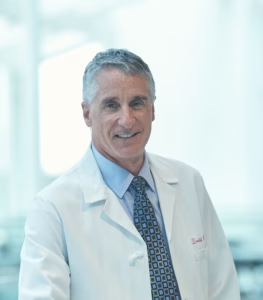 Dr David Porter is the Jodi Fisher-Horowitz Professor of Leukemia Care Excellence in the Perelman School of Medicine (University of Pennsylvania and Abramson Cancer Center, Philadelphia, PN, USA), as well as the Director of the Center for Cell Therapy and Transplant at Penn Medicine. He is currently serving as President of the American Society for Transplantation and Cellular Therapy (ASTCT) and guiding the Society through a pivotal moment in the evolution of cellular therapy. As a renowned leader in transplant and cell therapy, Dr Porter brings deep clinical and scientific expertise to his new role with the ASTCT. In this interview, he discusses his top priorities—including expanding access to life-saving therapies, strengthening ASTCT’s multidisciplinary impact, and developing a strategic roadmap through 2030—as well as the field’s most exciting advances, from solid tumor therapies to novel autoimmune applications.
Dr David Porter is the Jodi Fisher-Horowitz Professor of Leukemia Care Excellence in the Perelman School of Medicine (University of Pennsylvania and Abramson Cancer Center, Philadelphia, PN, USA), as well as the Director of the Center for Cell Therapy and Transplant at Penn Medicine. He is currently serving as President of the American Society for Transplantation and Cellular Therapy (ASTCT) and guiding the Society through a pivotal moment in the evolution of cellular therapy. As a renowned leader in transplant and cell therapy, Dr Porter brings deep clinical and scientific expertise to his new role with the ASTCT. In this interview, he discusses his top priorities—including expanding access to life-saving therapies, strengthening ASTCT’s multidisciplinary impact, and developing a strategic roadmap through 2030—as well as the field’s most exciting advances, from solid tumor therapies to novel autoimmune applications.
What are your key priorities and goals for your term as President of the ASTCT?
A top priority for my term is guiding the development of ASTCT’s next strategic plan, which will chart our course from 2026 through 2030. This plan will serve as a vital framework for the Society’s work in the years ahead—especially as we navigate rapid advancements in technologies and therapies that are transforming our field.
Equally important is ensuring that all patients who could benefit from the life-saving therapies our members deliver have access to them. We will focus on strategies that break down barriers to care and promote access across diverse populations.
To further strengthen our impact, we will work to grow and diversify our membership, ensuring that ASTCT represents a multidiscipline community. We will also enhance the quality and reach of our journal and educational initiatives, to provide members with the tools and knowledge they need to thrive.
How do you envision ASTCT evolving over the next few years under your leadership?
Historically ASTCT has supported therapies targeting hematologic malignancy, but the landscape of cellular therapy is rapidly expanding. In the coming years, I envision the Society will evolve to embrace this broader potential—supporting innovation across a wide range of diseases, including solid tumors and autoimmune disorders. This will involve collaborating with other societies that share our mission and goals to support cellular therapy research and clinical applications. For example, our recent journal supplement titled, Tumor-Infiltrating Lymphocyte Therapy (TIL) reflects our commitment to this broader focus.
Additionally, I believe ASTCT must elevate its role as an advocate—not only for our members, but for the patients they serve. This means becoming an even stronger voice in promoting scientific discovery and securing research funding for life-saving and life-changing therapies.
What are the current most exciting new advances in the field, and what emerging developments might we see over the next 5 years?
One of the most exciting advances in our field is the expansion of cellular therapies beyond cancer treatment into non-malignant diseases, particularly autoimmune disorders. Early clinical data on the use of CAR T-cell therapies for autoimmune diseases are remarkably promising. These developments highlight the vast potential of cell-based treatments.
However, realizing this potential will require a highly collaborative, cross-disciplinary approach—engaging experts from immunology, rheumatology, neurology and other specialties to advance clinical application.
ASTCT is uniquely positioned to lead and support this evolution. Our Society is committed to advancing cell therapy across all disease indications and collaborating with other specialties to develop new life-changing approaches to autoimmune diseases.
Can you highlight any recent initiatives the ASTCT has launched or supported that have been particularly impactful?
ASTCT has recently supported several impactful initiatives that reflect its commitment to advancing the field of transplantation and cellular therapy. One notable advancement is the recent refresh of our Practice Guidelines App, which now features an improved interface and enhanced GVHD tools, putting critical treatment and diagnosis guidelines right at clinicians’ fingertips.
Additionally, the Society is proud to host the second annual Gene Therapy Summit at Harvard Medical Center this fall. This event brings together experts to explore how ASTCT’s robust network of centers and professionals can be harnessed to deliver effective ex vivo gene therapies to patients both safely and efficiently.
On the publishing front, ASTCT released a dedicated journal issue focused on *Graft-versus-Host Disease (GVHD) prevention and treatment, with special emphasis on chronic manifestations including cutaneous, oral, and ocular GVHD — providing clinicians with nuanced insights into managing this complex condition. We also published a special issue on **Tumor-Infiltrating Lymphocyte (TIL) Therapy highlighting emerging research and practical considerations for its use in treating melanoma and other solid tumors. This TIL-focused issue features articles ranging from surgical techniques to discussions on quality attributes of TIL products.
Furthermore, ASTCT continues to support professional development through its Fundamentals Course, which offers a comprehensive introduction to hematopoietic cell transplantation and cellular immunotherapy, helping prepare the next generation of specialists in the field.
* Chronic Graft versus Host Disease and Late Effects Following Allogeneic Transplantation publication is supported by an educational grant from Sanofi/US.
** Tumor-Infiltrating Lymphocyte Therapy (TIL) publication is supported by an educational grant from Iovance Biotherapeutics.
About the American Society for Transplantation and Cellular Therapy (ASTCT)
The American Society for Transplantation and Cellular Therapy (ASTCT) is a professional organization dedicated to advancing the science and practice of hematopoietic cell transplantation and cellular therapy. Representing a multidisciplinary community of clinicians, researchers, and healthcare professionals, ASTCT supports the development and delivery of innovative therapies for patients with blood disorders, cancers, and other serious conditions. The Society fosters excellence through education, research, advocacy, and the publication of high-impact scientific content. ASTCT also plays a critical role in shaping clinical guidelines, promoting equitable access to care, and driving collaboration across specialties to expand the potential of cellular therapies worldwide.
Disclosure: This short article was provided by the American Society for Transplantation and Cellular Therapy (ASTCT) and, as such, has not been edited to house style. No funding or publication fees were involved in the publication of this article.
Cite: Breaking barriers beyond cancer: Dr David Porter on the expanding role of cellular therapies. touchHAEMATOLOGY. May 22nd, 2025
SIGN UP to touchHAEMATOLOGY!
Join our global community today for access to thousands of peer-reviewed articles, expert insights, and learn-on-the-go education across 150+ specialties, plus concise email updates and newsletters so you never miss out.


